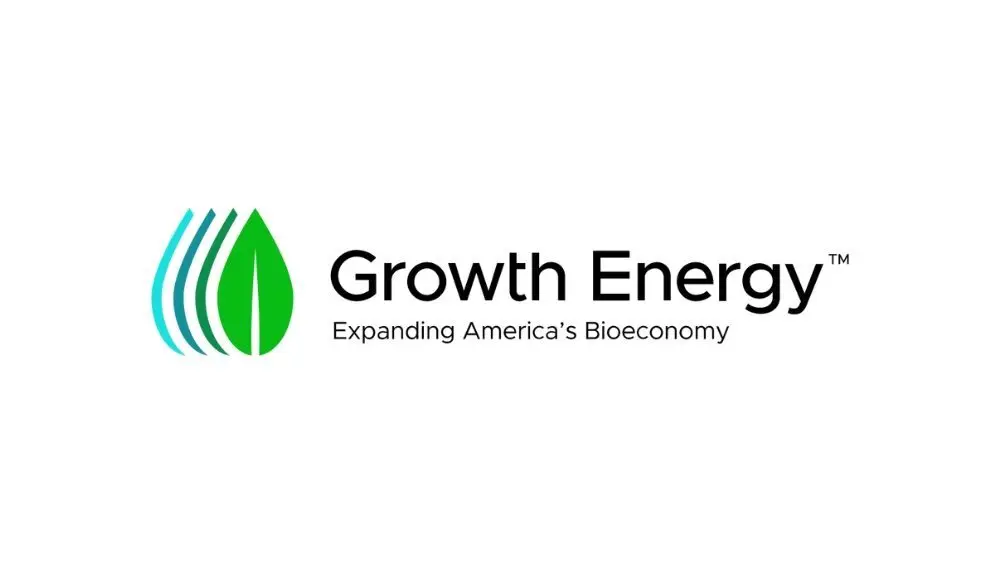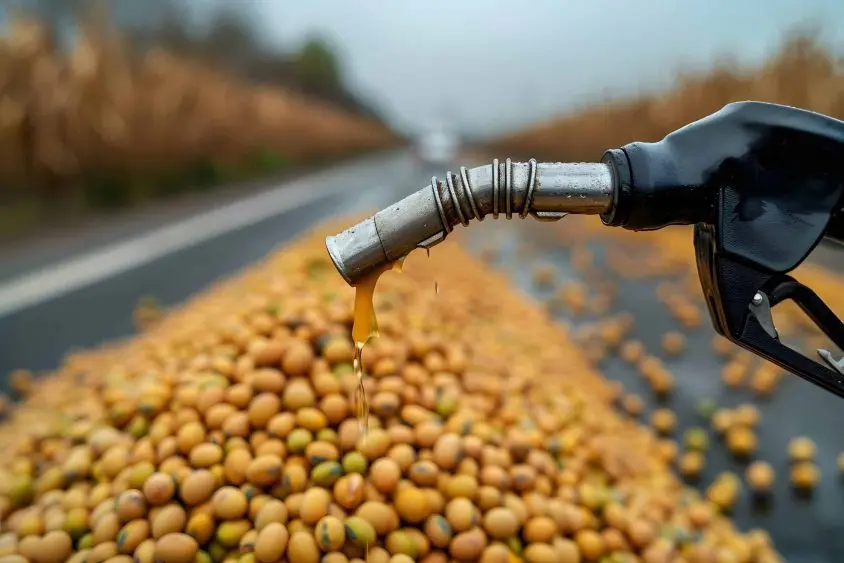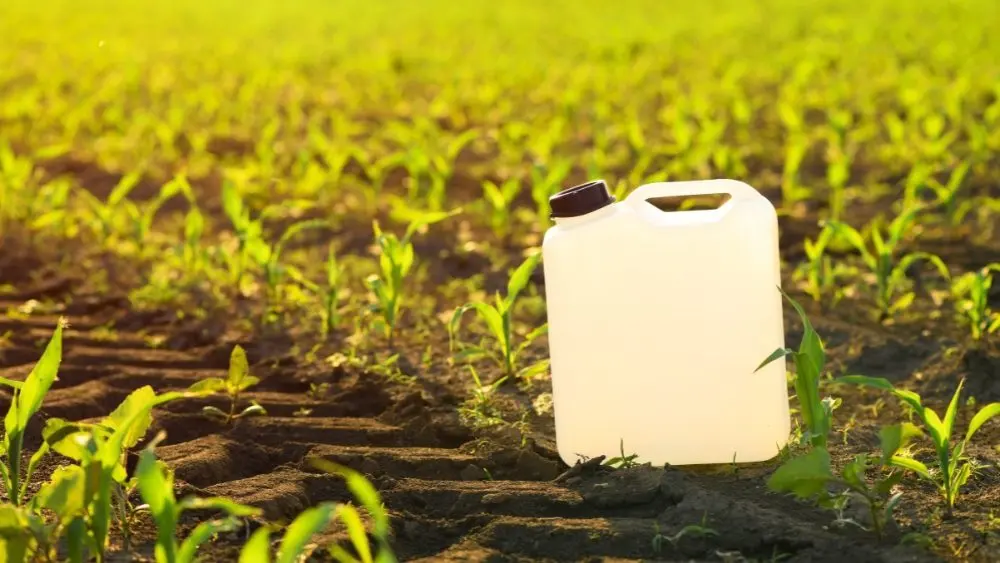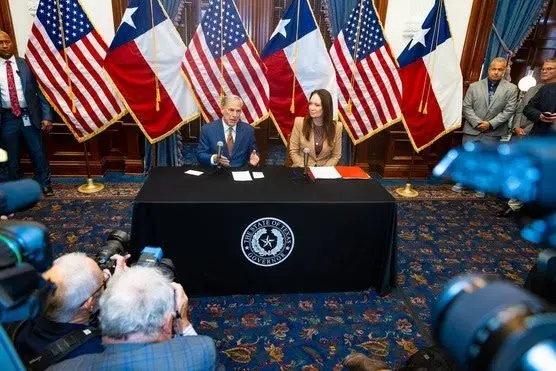
WASHINGTON, D.C.—In comments submitted today, Growth Energy—the nation’s largest biofuel trade association—commended the U.S. Trade Representative (USTR) for initiating its Section 301 investigation into Brazil for its unfair trade practices and called on the agency to take bold action on behalf of American ethanol producers who are placed at a competitive disadvantage bilaterally and globally due to Brazil’s discriminatory practices.
“We appreciate the opportunity to provide input on ethanol market access challenges considering Brazil’s years-long effort to seek preferential treatment for their ethanol in the United States while limiting U.S. market access into Brazil through tariff and non-tariff measures,” said Growth Energy Senior Vice President of Regulatory Affairs Chris Bliley in the comments. “We further appreciate the opportunity to highlight the unfair actions by Brazil, bilaterally and within international organizations, to artificially improve the standing of their ethanol vis-à-vis U.S. corn ethanol despite our historic price benefit and low-risk sustainable practices.”
Brazil’s discriminatory policies against imported ethanol prevent American producers from participating in the country’s low carbon fuel policy (RenovaBio), and those rules have contributed to a bilateral U.S. ethanol trade deficit, which hit $150 million last year.
Bliley’s comments also delved into the history of the U.S.-Brazil ethanol trade relationship, noting that more than a decade ago, Brazil voiced its support for free trade between the two markets and actually removed a tariff on American ethanol in April 2010.
After securing similarly open treatment in the U.S., however, “Brazil executed a ‘bait and switch’ against U.S. ethanol: it actively sought U.S. removal of its ‘other duty and charge’ (ODC) by referencing their own tariff removal, and then—when that took place—they reinstated their tariff,” Bliley said. “Brazil took these actions to meet their own goals and serve the interests of their ethanol and agricultural industries. Brazil’s actions actively discriminate against U.S. ethanol, have demonstrably burdened U.S. ethanol, and have imposed economic barriers that restrict U.S. ethanol exports to Brazil.” As an example, Bliley noted that U.S. ethanol exports to Brazil were valued at just $53 million in 2024, a 95% decrease from their $1.1 billion peak in 2011.
Growth Energy also highlighted Brazil’s questionable sustainability practices it is seeking to enshrine in international lifecycle modeling, while ignoring the environmental benefits of American corn ethanol.
The full comment can be found here.



